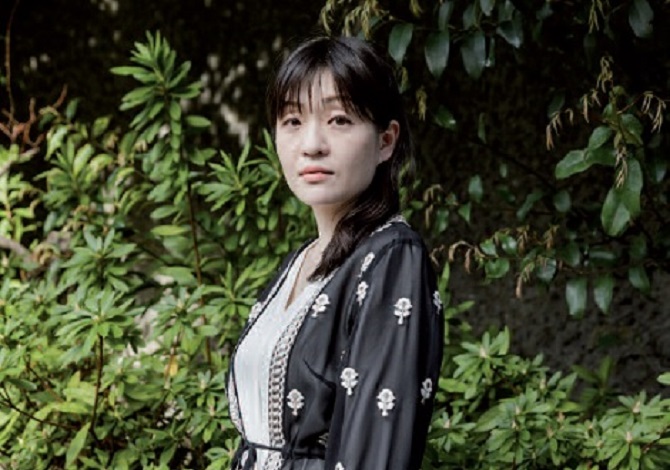
Murata Sayaka is unusual, both as a writer and in her attitude towards her part-time day-job.
One of last year’s literary sensations was Murata Sayaka, a 37-year-old writer who has suddenly become a household name after her latest novel, Konbini ningen (Convenience Store People), was awarded the 155th Akutagawa Prize, one of Japan’s most prestigious literary accolades. Rather than the story’s artistic value, the media seemed more interested in the fact that, like the book’s protagonist, Murata has worked part time at a convenience store since she finished university and, apparently, has no intention of quitting her job. However, according to Murata, the similarities between the book’s character and herself stop there. “Keiko, the protagonist, is a person who seems to know how to move through life, but in reality she hasn’t a clue. She doesn’t understand why people are supposed to talk or behave in a certain way, so she decides to fake it. In order to do so, she observes her coworkers and the other people around her, and imitates them without really understanding what she’s doing. Ultimately, the book questions accepted social norms and how, and for what purposes, we are socialized.”
Online, I found a composition that you wrote when you entered high school. It’s called “risou” (ideal). Apparently, at the time, you had no confidence in yourself and your abilities, and you wrote that you aspired to be able to live at peace with yourself and the world around you. Do you think you have managed to achieve this?
Murata Sayaka : I feel I’m more relaxed now. When I was in high school, I was under the impression that I always had to be a good girl and behave according to socially-approved values. I was constantly putting pressure on myself in order to be accepted by the adults, but now I can accept myself for what I am, faults and all. Now I know that it’s okay to be a little weird. This realization has been liberating.
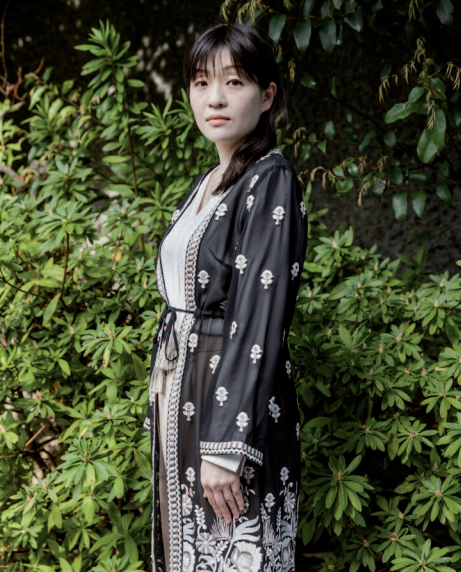
Is there something you would still like to change in yourself?
M. S. : I’m still too shy of strangers. When I meet someone for the first time (or even someone I like very much), I’m so nervous I can hardly speak. There are many things I would like to talk about but I find it difficult to put them into words. Now that I’m asked to do more and more interviews I’m always very anxious, but, at the same time, I really want to talk about my novels, so I make an effort.
I guess your recent popularity has helped you become more self-confident? Last year, for instance, you were among the five women who were awarded the Vogue Japan woman of the Year prize. How do you feel about that?
M. S. : More than the awards themselves, I’ve been particularly grateful for all the kind words and positive feedback I received for Konbini ningen. Some of my favourite writers as well as other people I respect were very kind to me. That’s been a real boost to my self-confidence.
Is there any particular writer who has influenced you as a novelist?
M. S. : My very first influence was Yamada Eimi (Amy). It was after reading her books that I began to think I wanted to become a writer. [The same thing has been said by other Akutagawa Prize winners, such as Wataya Risa and Kanehara Hitomi.] Then when I was in college, I had a passion for Mishima Yukio and Dazai Osamu. Among female writers, I like Matsuura Rieko and Kawakami Hiromi. I especially like the beauty of their prose and how thoroughly they construct their stories. I appreciate their honesty and the serious attitude they have toward their creations. They are not interested in easy-to-understand stories or happy endings. They prefer to surprise the reader with unexpected twists. They made me understand that both the writing and reading experience can be freed from conventions.
When did you decide you wanted to be a writer?
M. S. : In elementary school I started to play around with writing, and by the time I was about ten, I knew I wanted to create stories. For many years I kept writing for fun. Then while I was in college, I began to attend a study group called Yokohama Literary School. It was under the guidance of Miyahara Akio that I wrote what would become my debut novel Junyu (Breast-feeding).
So far, you have written ten books in about 13 years. Does the act of writing come easy to you?
M. S. : I write constantly, though I usually end up discarding a lot of what I write. You could say that for me writing is a regular activity. If you checked inside my bag now, you’d find a lot of unfinished manuscripts. I can write anywhere and anytime; give me some paper, a pencil, and some spare time, even just 30 minutes, and I’ll start writing. Even before this interview, I killed time writing in a café. Weekends are the only time when I take a rest from writing.
How do you come up with ideas for your stories?
M. S. : Many of my stories are quite strange, but that’s not something I do on purpose. I always start with a portrait of the protagonist. I imagine where she lives (it’s usually a woman), her habits, etc., and for some reason I often end up with someone weird (laughs) who says strange things when you least expect it, and who’s somewhat out of sync with other people. That’s the main source of inspiration for my novels. You could say that the characters I create determine the stories I write. Because of that, I never know what’s going to happen next, let alone how the book is going to end.
Do you ever get inspiration from your life when writing a story? The protagonist of konbini ningen, for instance, works in a convenience store, like you.
M. S. : In my early works I’ve sometimes used myself as a model. However, the protagonist in Konbini ningen is quite different from me. As I said, I’m very shy and don’t easily talk to strangers. Keiko, on the contrary, though she’s a 36-yearold single woman like me, is a very carefree person who’s never afraid to talk. In a sense she’s my heroine; the kind of person I aspire to be.
As a reader, it seems to me that such books as Satsujin shussan (murder and Childbirth) and Shometsu sekai (Dwindling world) deal with some of Japan’s recent problems (e.g. a shrinking population) and traditional social views. Did you have this in mind when you chose those subjects?
M. S. : Not really. It was more a certain feeling I had after talking to my friends; a sort of premonition. That said, my choice of subjects may be indirectly or unconsciously affected by what I read in the news. Japanese society has changed quite a lot since I was a child. I grew up during the years of the economic bubble. A lot of girls were into “bodycon” — tight form-fitting dresses they’d wear at discos. At the time, I worried I might do the same when I reached their age (laughs). Luckily for me, the bubble burst and that fashion disappeared. At the same time, though, women have become more independent, and now have the option of marrying late and having children later in life, if at all. The idea of happiness itself has changed a lot.
Among other things, the number of single people without a steady job has increased in many countries, including Japan. That’s also true for the protagonist of konbini ningen, isn’t it?
M. S. : Yes, just the other day I read that a lot of people in their 50s, both men and women, have never married. Until not so long ago, these people would have been considered to be losers, but, as I said, society has changed so quickly in the last 20- 30 years that nobody can tell how it will evolve in the future.
When you won the Akutagawa Prize last year, a lot was said about the fact that you were still working at a convenience store. When did you start working at a konbini?
M. S. : I started when I was in college. That particular store closed after a while, so I moved to another one… until it closed down too (laughs). After that I worked at a “family restaurant” [casual dining restaurant mainly catering to families with children] and even tried to concentrate on my writing, but, eventually, I realized that I actually got more writing done if I worked part-time at a convenience store. That’s what I’m still doing now. I guess the two things complement each other well — at least that’s true for me. By working in a store and dealing with people, new ideas from real life flow into my mind. Currently, I work three times a week and, strange as it may seem, I get more writing done in those three days than during my days off.
So you keep thinking about your novels while you’re working?
M. S. : No, it’s not like that. When I’m working, I just focus on my job, but as soon as I have a 15- minute break I take my notebook and start writing away. Luckily, I’m able to concentrate on my stories even if I only have a few minutes, and all kinds of ideas pop up into my head. I usually get a lot of good ideas, even during these short sessions.
What do you like about working at a convenience store?
M. S. : I like everything, but especially working at the till. I enjoy looking at people faces, or when someone smiles at me. I also like to get things done quickly, and when you work at the till you have to be fast.
Since the mid 1990s, the convenience store’s image has been somewhat associated with socalled freeters (i.e. people in their 20s and early 30s who only manage to subsist on low-skilled and low-paying part-time work). For you, what sort of place is a convenience store?
M. S. : For me it’s a place where anybody can work regardless of sex, age, nationality, or academic level. At any given store, you might find a senior citizen who wants to keep working after retirement, or a housewife, or a college student on his first work experience. Now, even foreigners work in convenience stores. On the other hand, manual work is always hard on your body, and backache is a recurring problem among people who work in this line of business. It’s not a job I would recommend to everyone.
The ministry of Education plans to promote morals (dotoku) into a fully fledged academic subject for elementary schools by 2018, and for junior high schools by 2019. many of your characters don’t seem to follow accepted moral values or social mores. what do you think about recent developments in Japanese politics?
M. S. : I must confess I don’t know much about politics. There are times, though, when I feel uneasy about the current political situation. For example, the things students learn in history classes now are rather different from what I learned when I was their age. I find it scary. Even on the Internet, cases of hate speech have greatly increased in the last few years. It’s very disturbing.
I imagine that since you were awarded the Akutagawa Prize, you’ve received a lot of requests for interviews and have been invited to many cultural events. Has it been difficult to fit in these engagements with your job at the convenience store?
M. S. : For the time being, I’m okay. There are times when I need to take a day off, but so far my manager has been very understanding. Then again, my typical work day is organized in such a way that I usually don’t have a problem. I get up at 2.00 a.m. and start writing. I have a list of things I want to write and I try to get everything done before I leave for work. Then I work at the konbini from 8.00 a.m. to 1.00 p.m (but only three days a week, as I said). After that, I’m free, so I have plenty of time to devote to interviews or other things. Otherwise I may write some more at a café after work. I’m quite lazy by nature, so I guess I need this sort of discipline in order to write. If I had the whole day to myself I don’t think I would accomplish as much. I’m actually quite surprised that I’ve managed to write all those novels (laughs).
Interview by Jean Derome

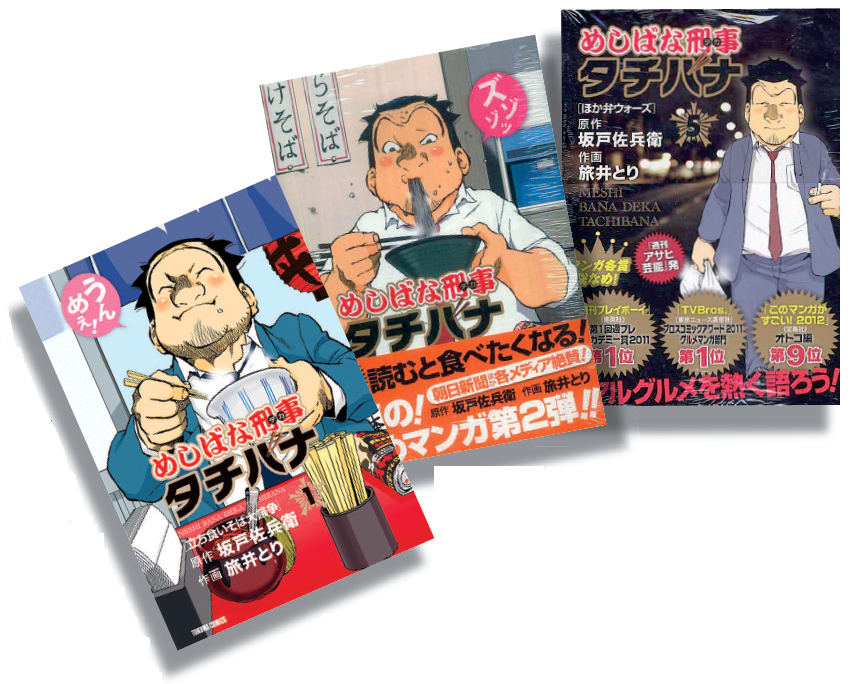
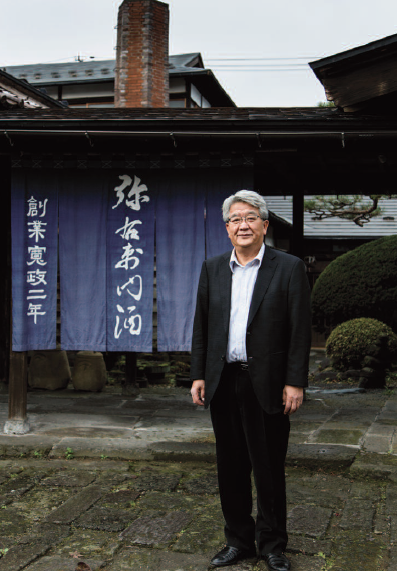
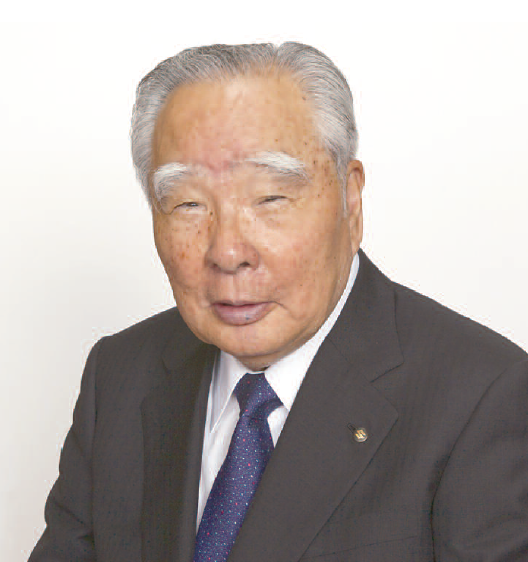

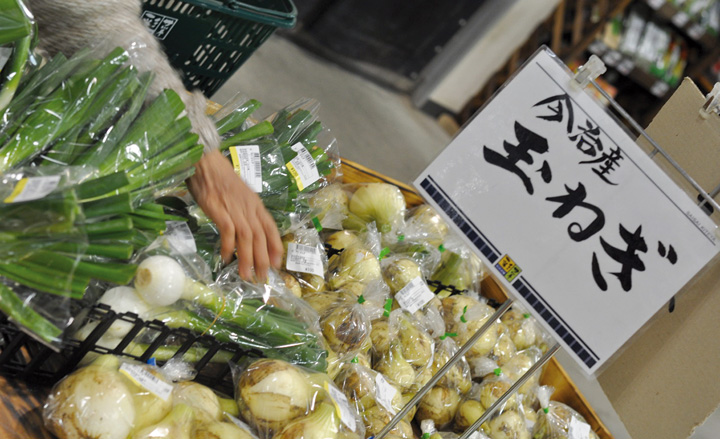

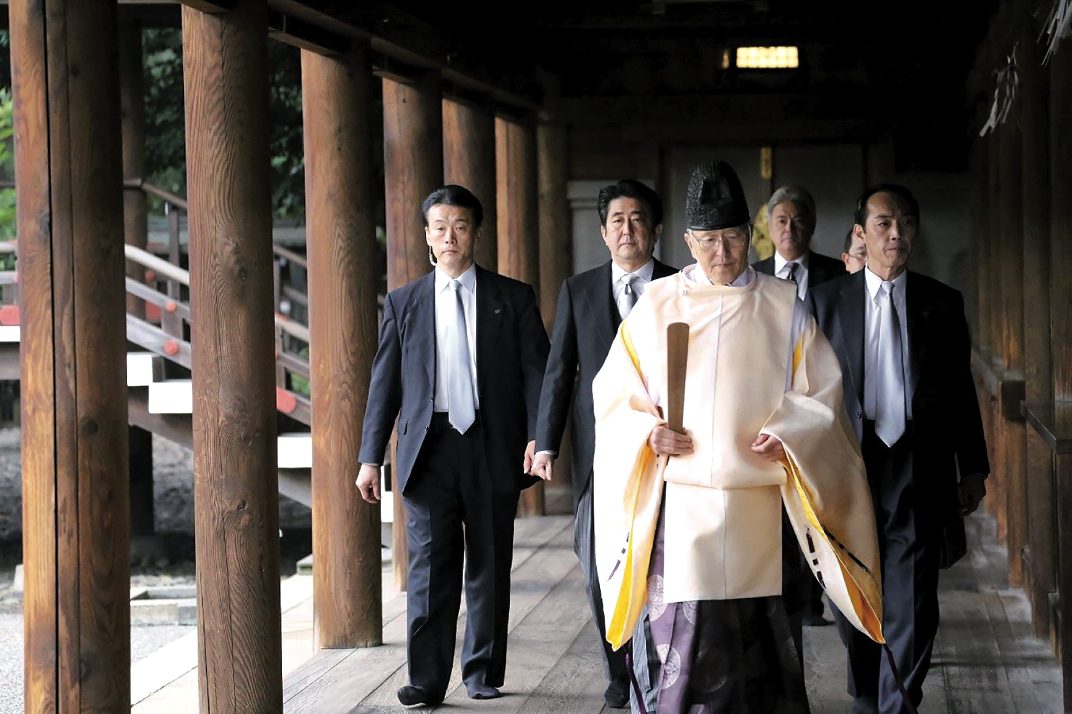
![No51 [MEMORY] A writer who cannot forget](https://www.zoomjapan.info/wp/wp-content/uploads/focus02.png)


Leave a Reply